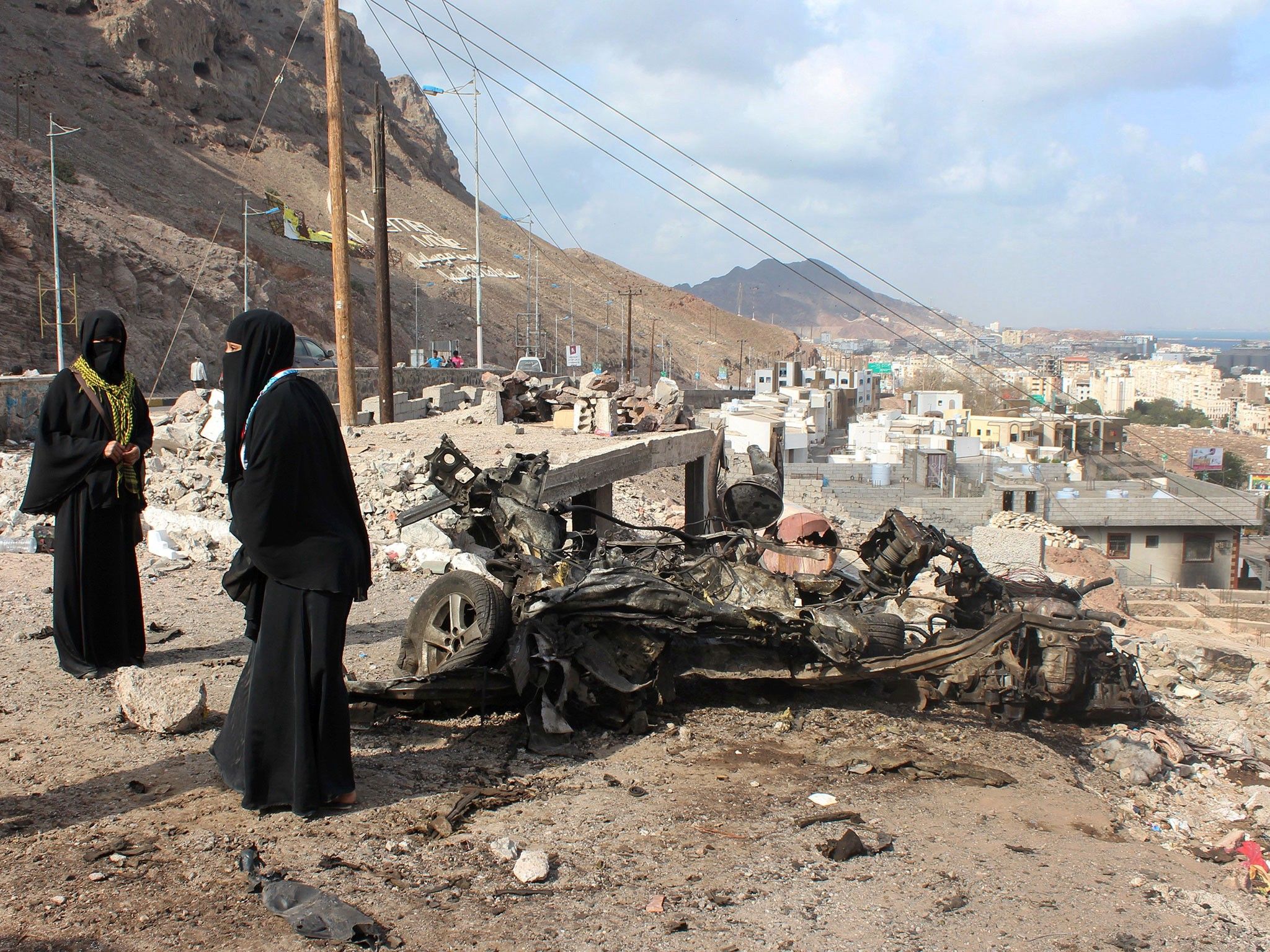Recently appointed crown prince Muhammad bin Salman pledged on Friday to donate $66.7 million to UNICEF and WHO, the full amount requested by aid organizations to combat an expanding cholera epidemic in Yemen.
This announcement was made days after Muhammad bin Salman was named crown prince and it may signal a change in the kingdom’s policy toward the humanitarian crisis in Yemen. However, no matter how helpful this donation may be for organizations fighting to contain an outbreak that has already claimed over 1,300 lives and infected 200,000 others, the motives behind this announcement should be met with skepticism.
Saudi Arabia and other members of the military coalition have responded to a number of aid appeals during two and half years of conflict, but have refused to lift blockades and cease bombing campaigns that are the source of the humanitarian strife they claim to be alleviating.
Yemen’s cholera outbreak began in October 2016 and spread to 16 of the country’s 21 governorates within two months and 18 governorates by April 2017. It is the worst cholera outbreak in the world, with 5,000 new cases every day. Current projections place the number of cholera cases at 300,000 by July of this year, with half of the infected being children.
Aid organizations attribute the outbreak to a disruption of public health, collapsing basic services, displacement, and inadequate sanitation conditions, all of which are the result of the ongoing war. An integrated response plan compiled by Yemen’s Health Cluster states that:
“Two years of conflict, compounded by an economic decline have devastated livelihoods, depleted safety nets, weakened social service delivery, and ability to access social services.”
The U.N.’s humanitarian chief Stephen O’Brien describes the cholera outbreak as a “man-made catastrophe” caused by the warring sides. Lack of access to clean water led to cholera infections, but control of major shipping ports by the Saudi-led coalition meant that the necessary vaccines and treatment were not available to patients and those at risk of contracting the disease.
The King Salman Humanitarian Aid and Relief Centre’s pledged donation will reportedly be used to respond to the cholera situation through a combination of water, sanitation and health care activities. A statement by the WHO says that these efforts will save thousands of Yemeni lives.
It will not, however, be a lasting cure for the cholera outbreak in Yemen, nor for the numerous other health hazards that have arisen as a result of the devastating war and blockades maintained by both the Houthis in the country’s interior and by the opposing military coalition from Yemen’s airspace and Red Sea ports.
In April of this year, UN Special Rapporteur on human rights and international sanctions, Idriss Jazairy, called on the coalition to lift its aerial and naval blockade of Yemen, stressing that it is “one of the main causes of the humanitarian catastrophe” and has “restricted and disrupted the import and export of food, fuel and medical supplies as well as humanitarian aid.”
Weeks after the report, the UAE, one of the leading members of the military coalition, announced a donation of $100 million to Yemen. The money would ostensibly go “to support humanitarian operations, development and reconstruction in various sectors including infrastructure, healthcare and housing across Yemen.”
Much of the reconstruction needed in Yemen is the result of coalition attacks, which have destroyed and damaged homes, hospitals, and factories across the country.
In February, the coalition intensified its bombardment of al-Hudayda, a Red Sea port city that is a lifeline for millions of Yemenis in need of food, medicine, and fuel. The attack trapped civilians and hampered the delivery of aid.
Possible war crimes were documented on both sides with “alarming frequency” and the blockade thrust the already impoverished city into a severe food shortage. Coalition planes bombed private boats and destroyed the port’s vital container cranes.
Continual bombardment and blockade by the coalition has been punctuated throughout the war with announcements of substantial donations. Just three weeks after the coalition began their airstrikes in Yemen, the kingdom donated $274 million “to provide emergency assistance to the millions affected by the conflict.”
The continued destruction and destabilization caused by Saudi and Emirati military engagement seems to counteract the billions of dollars these countries have pledged to humanitarian initiatives in Yemen. But there are benefits to publicly writing checks
Yemen’s catastrophic war has brought a considerable amount of criticism and unwanted media attention to the member states of the coalition.
If writing a check for a few hundred million dollars (a mere drop in the bucket for most Gulf states) can provide Saudi Arabia and the UAE with good press and an opportunity to charge the Houthis with Yemen’s collapse, then they will gladly loosen the purse strings.
Bringing to close an unwinnable war and admitting failure, however, would for them be too costly.








